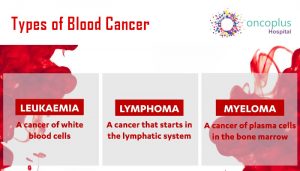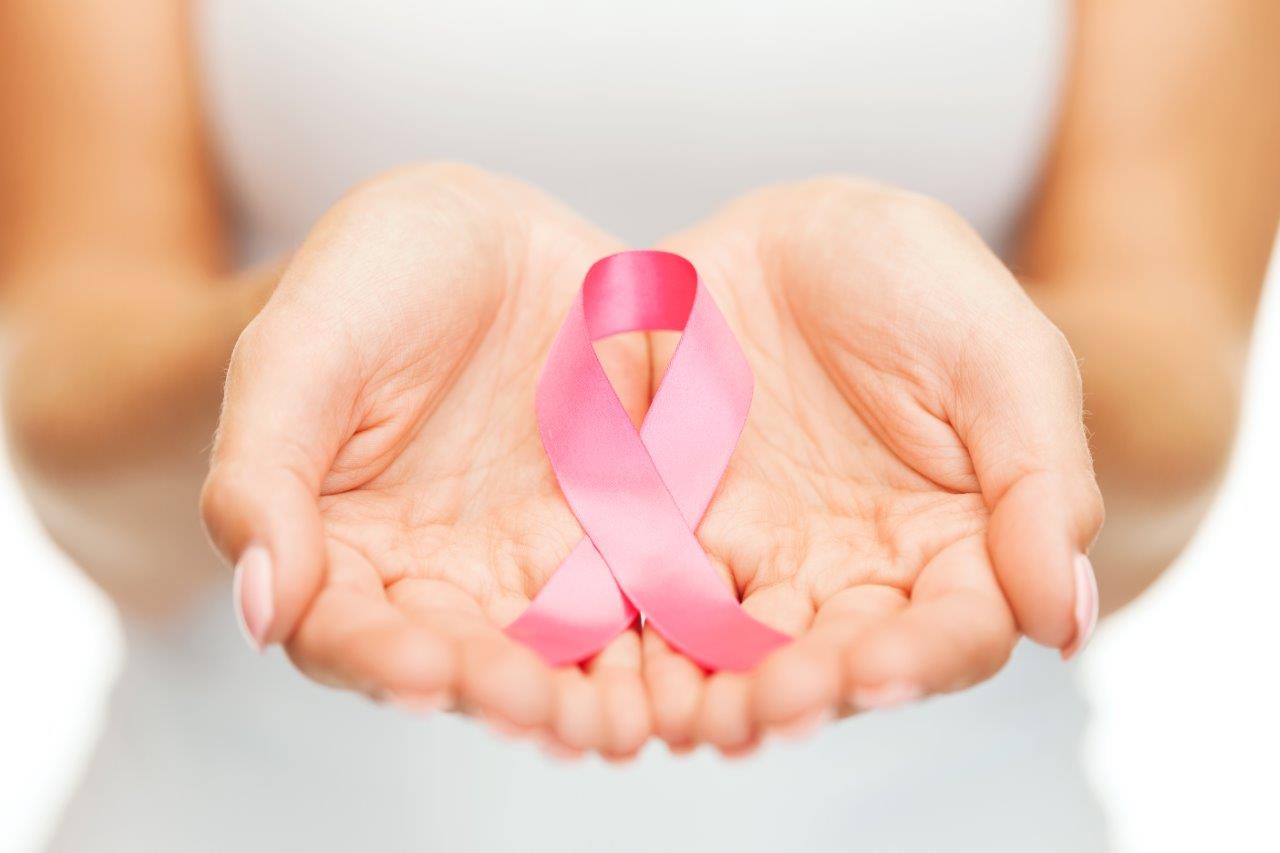Chemotherapy
In this therapy, a specialized drug is inserted in the body through injection in the vein or through pills to kill the growth of cancer cells. The course of this treatment is several months long. Chemotherapy treatment for cancer not only reduces the growth of cancer cells in the body but also gives relief to the patient from the cancer symptoms, like shrinking tumors that cause pain.
Chemotherapy is given orally or through injection, depending on the stage and type of blood cancer. This therapy is given in cycles so that the body can recover and build strength. In order to blood cancer treatment, doctors frequently combine chemotherapy and radiation therapy. Side effects of chemotherapy are fatigue, nausea, and hair loss.
Immunotherapy
In this therapy, the patient’s immune system is strengthened so that it can more effectively combat cancer cells. It works directly with your immune system in order to stop the spread of cancer cells and also limit their growth. For several weeks, this treatment is administered once a week. The side effects of immunotherapy differ from person to person. These medications frequently result in rashes or swelling at the injection site, headaches, and an ache in the muscles, weakness, and fever.
Radiation Therapy:
In this type of treatment, high-intensity X-rays or radiation are used to kill cancer cells. This therapy is given via injections in the vein or in the form of tablets. The radiation attack on the cancer cells is intended to stop their growth and multiplication. After the therapy ends, the blood cancer cells keep dying. There are two types of radiation therapy: internal and external radiation therapy.
Stem cell transplantation:
This treatment is also known as “bone marrow transplantation,” in which it replaces the patient’s damaged blood cells with new and healthy blood-forming cells. These blood-forming stem cells are known as hematopoietic stem cells, which are basically extracted from the donor or from the healthy bone marrow of the patient. It helps in the growth of all types of blood cells, such as red blood cells, platelets, and white blood cells. Autologous transplantation, allogeneic transplantation, and umbilical cord blood transplantation are the three types of bone marrow transplants.

